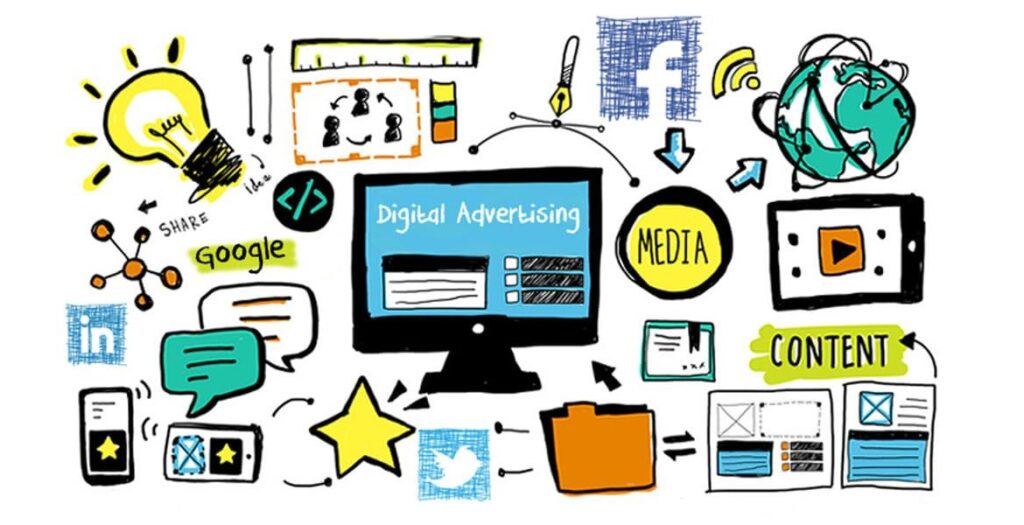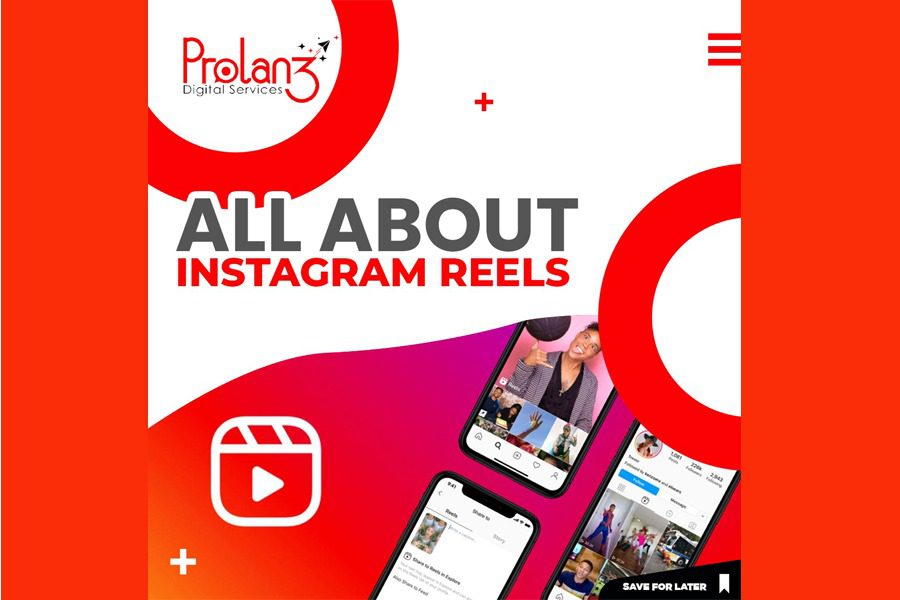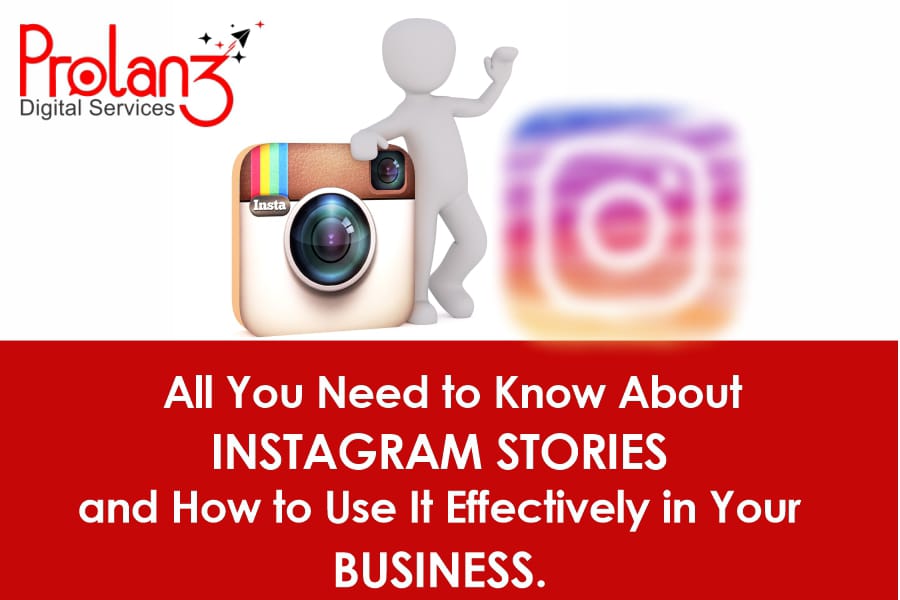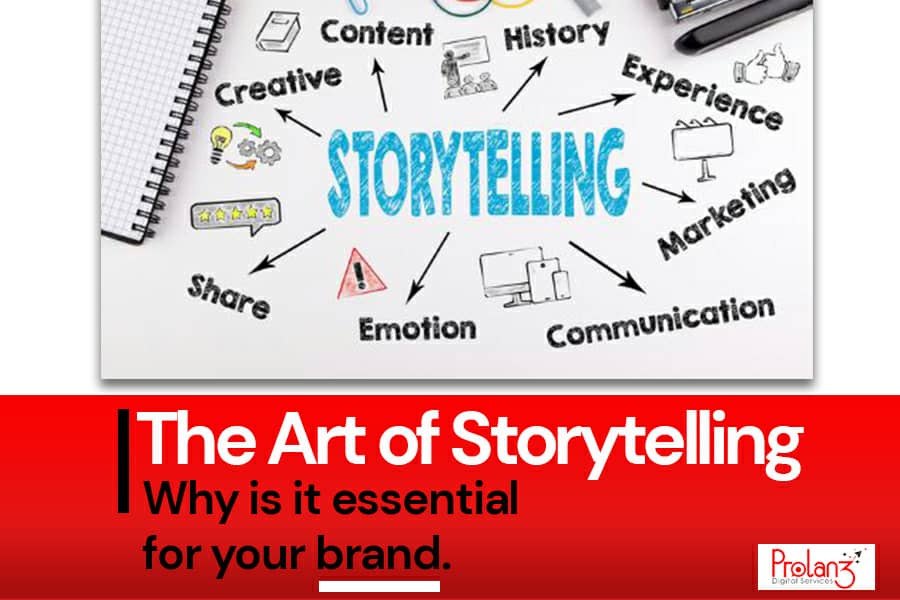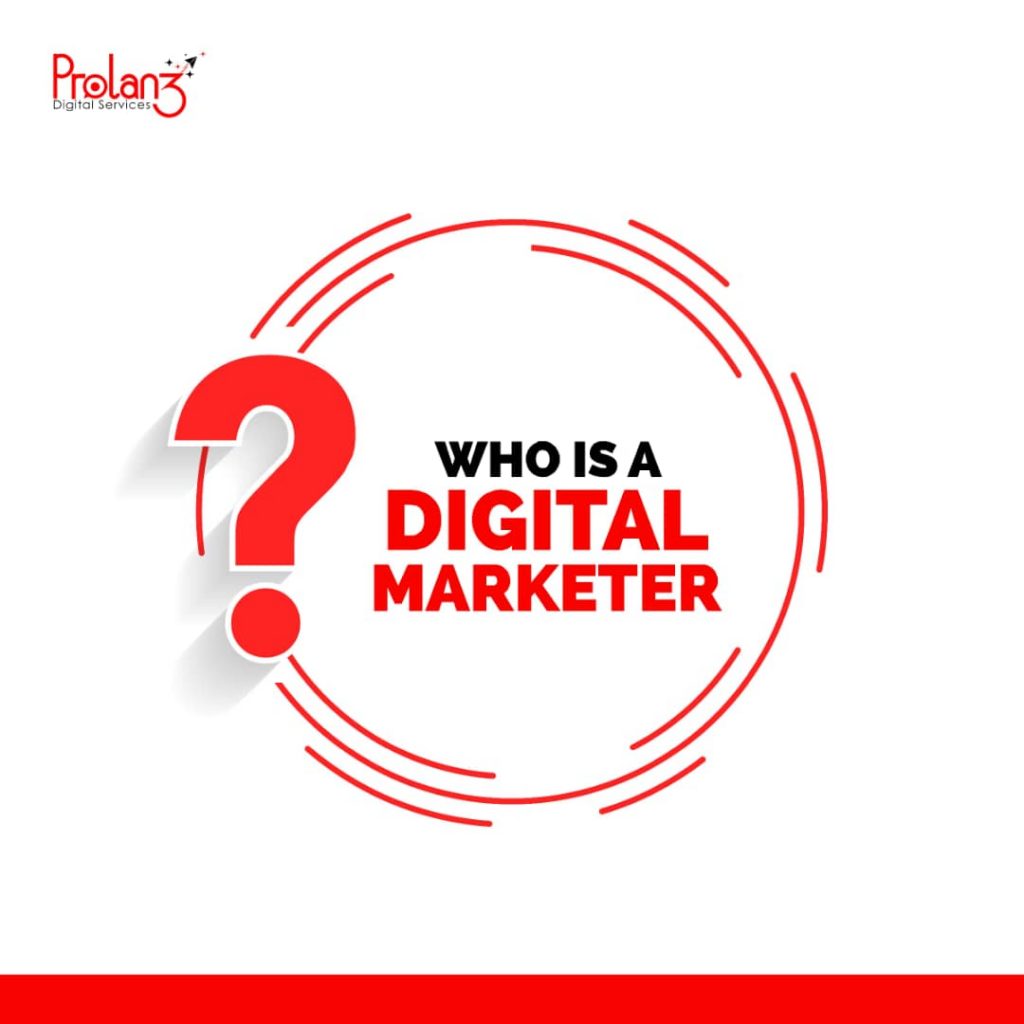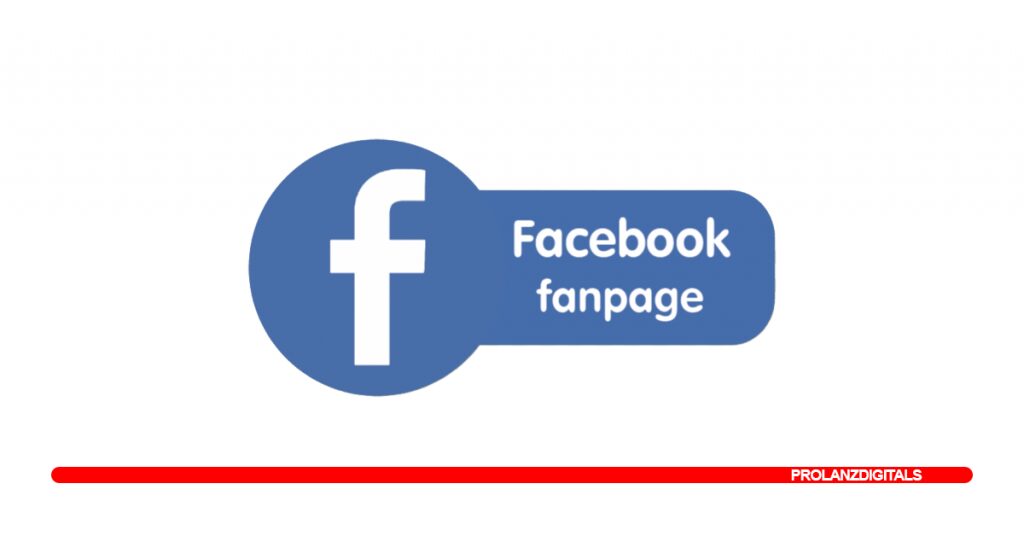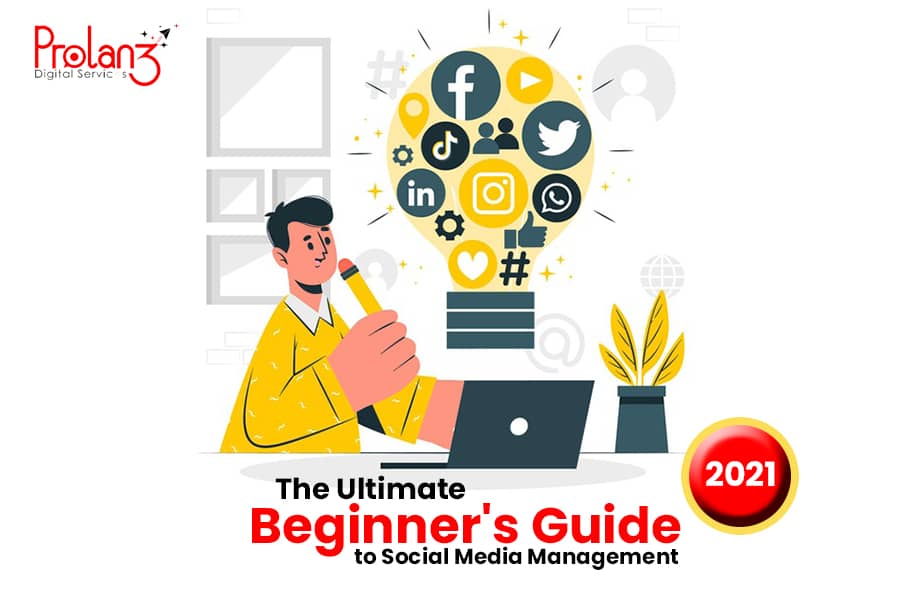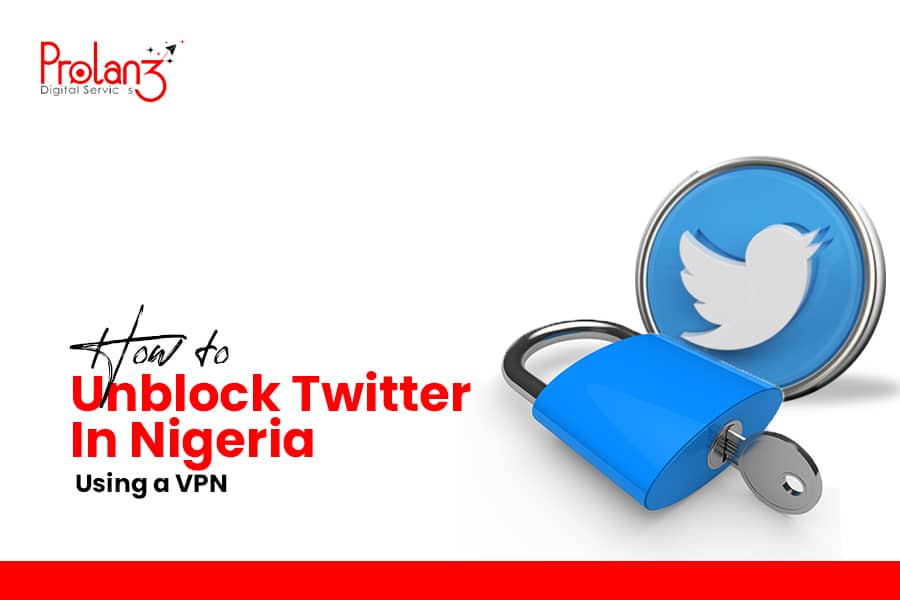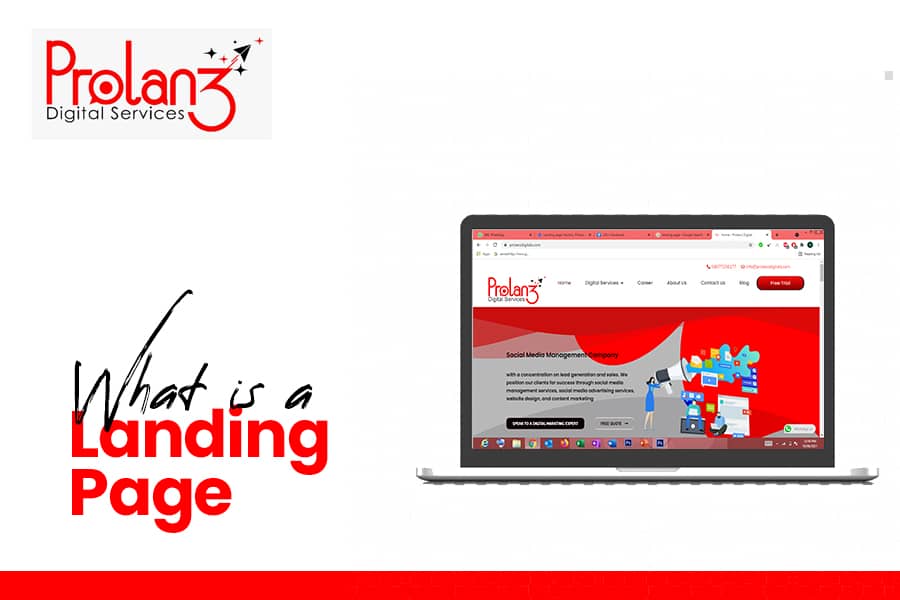Advertising used to be done via TV, radio, magazines, and newspapers in the past. Now, brands can advertise easily to millions of people just by the click of a button thanks to technological advancement. Digital advertising is the process of publishing promotional content through online platforms and any other program that can be accessed digitally.
What is Advertising in Digital Marketing?
We need to understand what advertising is to get this clearly. Advertising creates a direct channel of communication where brands can broadcast non-personal messages to a general audience. When a brand pays to place an ad, it has absolute control over how the content involved is promoted.
Advertising promotes your business, products, and services to generate brand awareness, sales, and growth. In digital marketing however, it uses digital, rather than traditional channels. Your ads appear on Google, Facebook and the likes instead of billboards and magazines .
Online advertising also comes with a truck load amount of data. You can track the performance of your campaigns in real-time and learn about the demographics, interests, and habits of the people viewing and interacting with your ads. This is what advertising in digital marketing encompasses.
What is the Difference Between Digital Marketing and Digital Advertising?
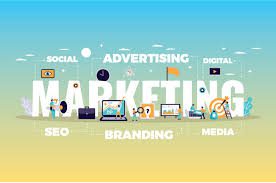
These two terms are often mixed up by many people and it isn’t surprising as they are both made of the same stock. They both have a considerable amount of differences between them despite their similarities.
Digital marketing is designed to be highly focused and targeted. A form of digital marketing that wields power online is content marketing.
Content marketing could be in the form of a blog post, YouTube video, podcast or a social media post. When content marketing is done right, the marketing message is tailored to a specific person.
Digital marketing provides a brand’s solution to someone with a very specific problem. Although, when it becomes too broad and loses its focus, it ends up becoming another form of digital advertising.
Messages that are targeted at a large group of people are often too generic for audiences to know exactly what to do with them. These general messages become no different than advertising. As such, people will tend to dismiss over-generalized advertising and find more specific content that addresses their concerns.
Digital marketing is also ideally used by brands and individuals to show expertise. This can be done by solving particular problems for potential customers in need of solutions which can result in sales. Digital advertising is sales centered while digital marketing is audience psychology centered.
Doing business with customers is still about making connections with them first and digital marketing does just that unlike digital advertising.
How to Advertise in Digital Marketing

There are a number of ways to advertise in digital marketing and platforms to utilize. Having a digital marketing strategy serves as a guide and should be the first step to take before advertising online.
A strategy will summarize which online channels and digital marketing tactics to use, plus how much you will invest in these channels and tactics. Your strategies can be implemented by using the following channels of online marketing;
- Content marketing – This is the creation and publication of useful content designed to attract, educate, and maintain your target audience.
- Pay-per-click (PPC) advertising – This is a marketing strategy that involves online ads. Advertisers pay each time a user clicks on one of their ads.
- Search engine optimization (SEO) – This is the practice of improving a website so that it becomes search engine friendly and brings organic traffic to the website.
- Social media marketing – The practice of promoting a product or service on social media platforms.
- Email marketing – A marketing approach that uses email as a way of marketing to and nurturing potential and existing clients.
In essence, digital advertising and digital marketing compliment each other and work together to help your business achieve its marketing goals. Not doing any of the two as a business owner will mean losing sales and not generating enough revenue to sustain your brand.
Digital marketing tends to rake in a better ROI because the message is more targeted. But digital advertising still has its place in your overall lead generation strategy.

